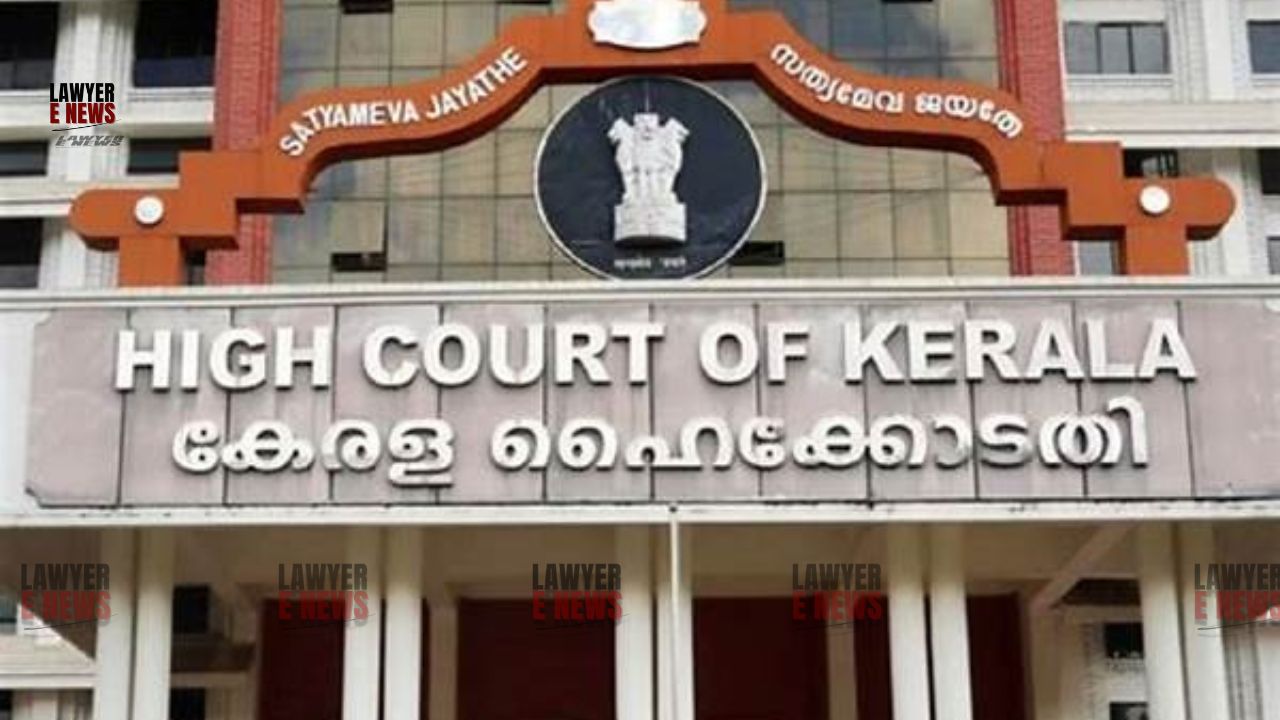-
by Admin
15 February 2026 5:35 AM



Kerala High Court Upholds Dismissal of Discharge Petition, Emphasizes Evaluation of Evidence and Intent - The Kerala High Court has dismissed a revision petition seeking discharge in a case involving allegations of sexual harassment under the Protection of Children from Sexual Offences (PoCSO) Act and Section 509 of the Indian Penal Code (IPC). The judgment, delivered by Justice A. Badharudeen, underscores the importance of prima facie evidence and the necessity of evaluating sexual intent during the trial.
The revision petitioner, the sole accused in SC No. 76/2023 before the Fast Track Special Court in Perumbavoor, faced charges under Section 509 IPC and Sections 11(1) read with Section 12 of the PoCSO Act. The allegations stem from an incident on October 5, 2022, where the accused purportedly made inappropriate gestures towards the victim, including lifting his dhoti and asking the victim to measure his penis. The petitioner sought discharge from these charges, which was denied by the Special Court, prompting the revision petition.
The High Court noted that the materials presented by the prosecution, including the First Information Statement (FIS) and the victim's statement under Section 164 of Cr.P.C., clearly outlined the accused's inappropriate actions. Justice Badharudeen observed, "The lifting of the dhoti to show his private part, and then asking the victim to measure his penis, are allegations that squarely attract Section 11(1) of the PoCSO Act as well as Section 509 of IPC, prima facie."
The Court extensively discussed the principles for considering discharge under Section 227 of Cr.P.C. and framing charges under Section 228 of Cr.P.C. The judgment emphasized that the trial judge must examine the materials presented by the prosecution to determine if there are sufficient grounds to proceed with the trial. "The trial Judge has to apply his judicial mind to the facts of the case, with reference to the materials produced by the prosecution, as may be necessary, to determine whether a case has been made out by the prosecution for trial on the basis of charge/final report," Justice Badharudeen stated.
Addressing the argument regarding the absence of sexual intent, the Court highlighted that sexual intent is a matter of fact to be determined during the trial. Section 30 of the PoCSO Act presumes the existence of culpable mental state, and it is for the accused to prove otherwise. "The question as to whether the accused had the required sexual intent is a matter of evidence and the same is available during trial alone," the judgment noted.
Justice A. Badharudeen remarked, "In assessing this fact, it is not necessary for the court to enter into the pros and cons of the matter or into a weighing and balancing of evidence and probabilities which are really the function of the trial Judge, after the trial."
The Kerala High Court's dismissal of the revision petition reaffirms the judiciary's stance on the importance of prima facie evidence in sexual harassment cases under the PoCSO Act. By upholding the Special Court's decision to deny discharge, the judgment emphasizes the need for thorough judicial scrutiny of evidence and intent during the trial phase. This decision is expected to have significant implications for similar cases, reinforcing the legal framework for addressing sexual offenses against children.
Date of Decision: July 17, 2024
